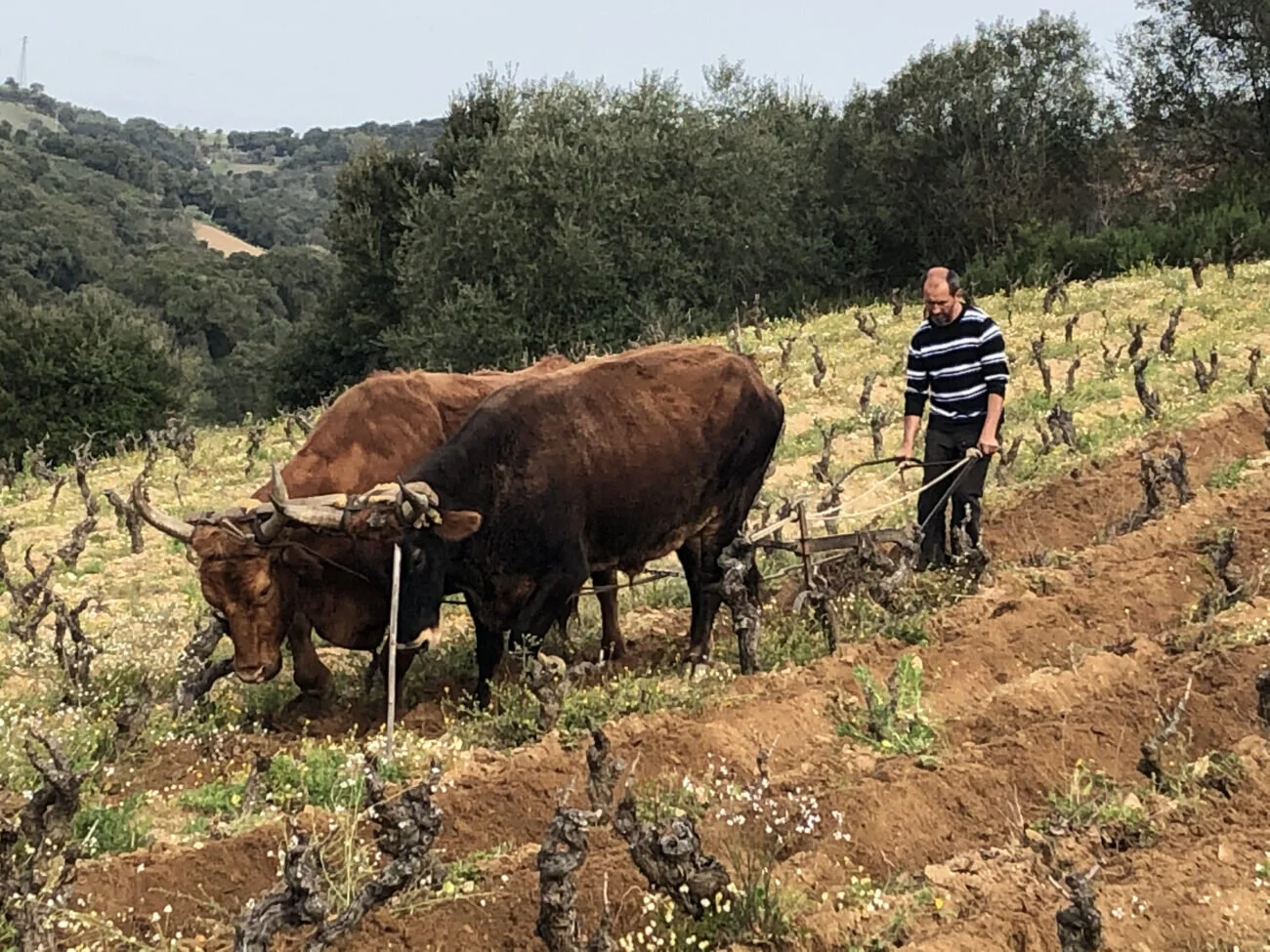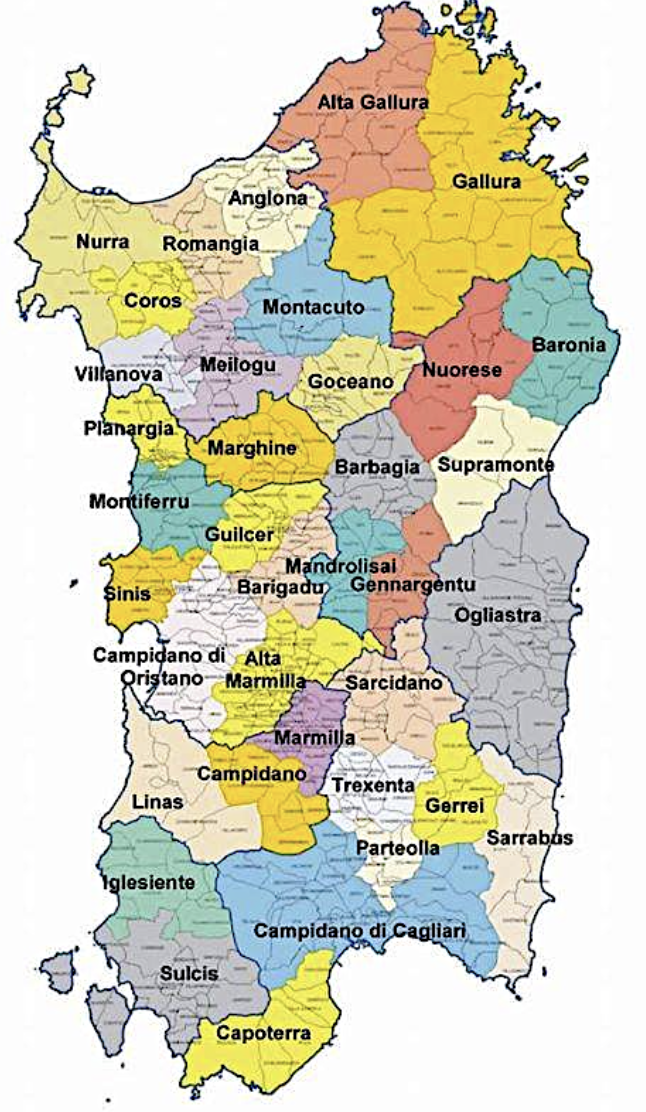Bentu Luna by Michèle Shah
"The vineyards are the fruit of a centuries-old culture that has remained almost unchanged…which was in danger of being abandoned because it no longer created income"
Bentu Luna is a project focused on regenerating century old bush-trained vines ranging from between 35-115 year of age, planted to an area known as the Mandrolisai and Barigadu, based in the centre of Sardegna in the province of Oristano and Nuoro.
Bentu Luna is the name of the estate which is situated in Neonelli and is the brain child of Gabriele Moratti (owner of Castello di Cigognola estate in Oltrepò Pavese). It is managed by CEO Gian Matteo Baldi. Its story is not just one of regenerating vineyards. Beyond that, it also looks to the tradition of community and viticulture in rural Sardegna. A tradition in which each family becomes a stakeholder in the communal vineyard. This 1200-hectare vineyard project is planted to a mix of indigenous varieties that include percentages of Bovale sardo, Cannonau, Monica, Pascale, Cagnulari, Carignano, Vermentino and Barbera. This random mix of indigenous varieties represented a ‘freedom of choice’, in that each stakeholder could plant the varieties of his choice.
Bentu Luna do not own the vineyards: they remain the property of the original families. Bentu Luna rent the vineyards on a long term basis, so that they can be passed on to future generations within the same family, as it has been in past 5.000 years.
"The vineyards are the fruit of a centuries-old culture that has remained almost unchanged, based on the concept of non-ownership and natural family inheritance, which was in danger of being abandoned because it no longer created income," explains Gian Matteo Baldi. "Together with the farmers and the inhabitants of Neoneli, we agreed on the shared management of the vineyards, in order to integrate local labour and knowledge with our technical and technological skills.
Bentu Luna is dynamic and intergenerational cohesion of inherited know-how and passionate young professionals assisted by external consultants of international standing. The on-site winemaker Emanuela Flore is flanked by agronomist Giovanni Bigot and other professionals, including winemaker Beppe Caviola from Piemonte, responsible for the blends.
The humanistic approach cannot be separated from a deep respect for the environment, from the management of the vineyards to the architecture of the cellar, right down to the materials used to cork and package the wines, everything is designed with the principles of sustainability and energy saving.
In order to protect the integrity of the soil, plants and grapes, no machinery is allowed inside the vineyard, only humans and animals. Harvesting is done by hand, as is pressing. Each plot is vinified separately in small, raw cement tanks to respect the specific characteristics of each micro-zone. All wines are spontaneously fermented. Precision and minimal human intervention is made possible by meticulous vineyard management. According to Gian Matteo Baldi the aim is to produce wines that take you back to the genuine flavors and aromas of wines of the past, identified by the profile of their terroir.
The first labels to appear on the market in 2021 were Mari and Sobi vintage 2019 with 16.000 bottles which gravitated to 45,000 bottles with vintage 2020 with a range of wines that includes 5 different labels of crus and blends to be released in the near futre. What is fundamentally important to the sustainability of this project is the financial independence of the project. For Gian Matteo Baldi the project must feasibly sustain itself with its wines sales. “Story-telling and passion are fine but they must be sustained by a pragmatic sense of economic independence.”


